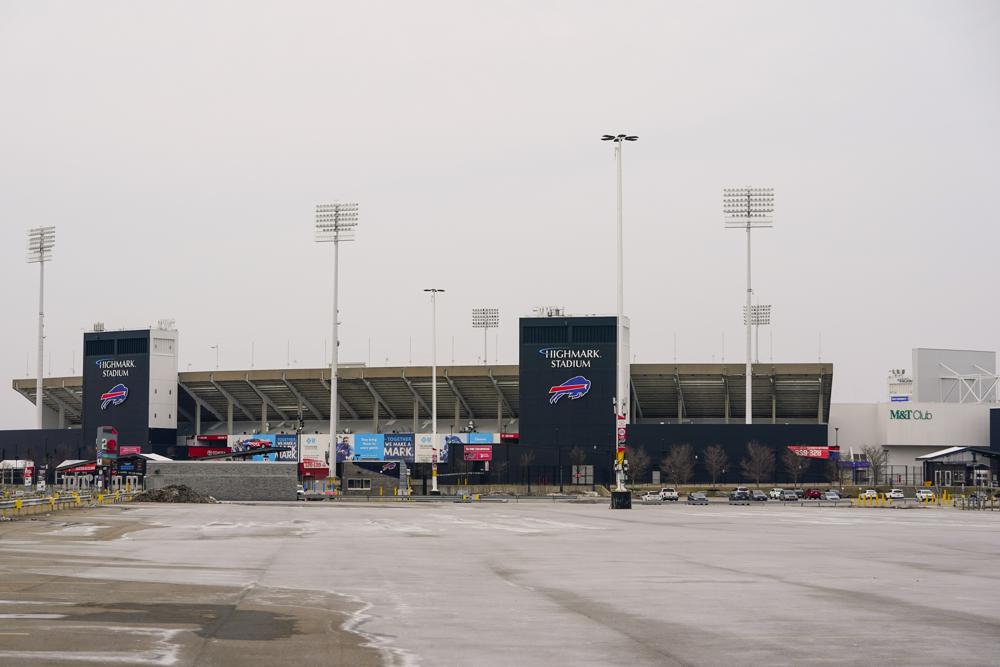New Yorkers could become owners of Buffalo Bills under new bill
Public money as gift means offering public a 'piece of the team'

If a new piece of legislation from a Brooklyn lawmaker passes, every New Yorker could one day own a small chunk of the Buffalo Bills should the team decide to leave the state for greener pastures.
A new bill from Brooklyn State Sen. Jabari Brisport and Queens Assemblymember Ron Kim and says that if a major sports franchise takes public dollars to build a new stadium and later decides to leave New York, the state government will have the option to purchase 50 percent of the club.
The legislation comes days after Gov. Kathy Hochul offered the Buffalo football team $850 million in public funds to help the Bills construct a new $1.4 billion stadium. New York state taxpayers would punt over $600 million to the Bills, and Erie County taxpayers will spend another $250 million.

Brooklyn Boro
View MoreNew York City’s most populous borough, Brooklyn, is home to nearly 2.6 million residents. If Brooklyn were an independent city it would be the fourth largest city in the United States. While Brooklyn has become the epitome of ‘cool and hip’ in recent years, for those that were born here, raised families here and improved communities over the years, Brooklyn has never been ‘uncool’.